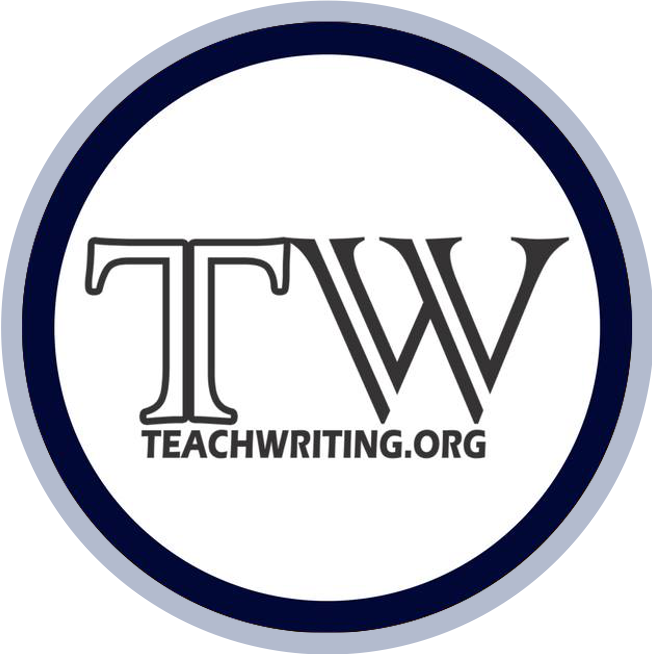Creative 'til the End: The Graduation Speech Exam
If there’s one thing I don’t want to do, it’s sit my students down for a three hour matching and multiple choice exam at the end of the year. After nine months of creative units and showcase projects, this type of finale wouldn't be consistent with my course or my goals as a teacher. I want to help grow writers who can use their writing to change the world, not fill in the blank.
That's why one of my favorite final exam options is the graduation speech. It gives us an enjoyable way to close the year by reflecting on how what we have read has the potential to influence us as people.
I love the book Why Read, by Mark Edmundson. It was one of the first books that really informed my philosophy as a reading teacher. It explores the idea that reading has the potential to truly change our views on the world, our understanding of other people and places. These ideas are more important to me than ever in an era where nine out of ten people seem to have swapped Candy Crush and Instagram for recreational reading.
When I ask students to write their graduation speech, I'm not looking for entertainment or viral content. I don't need a flashy vision of the future. What I want to know is how they can draw inspiration, empathy and understanding from the books we have studied.
Will their views of politics and history change after reading 1984?
How do they see the world of science differently after walking in Victor Frankenstein's shoes?
Will The Outsiders make them pause before making snap judgments of other people?
These are the types of questions I want to ask, and a conventional final exam just won't cut it.
When I introduce the assignment, to write a graduation speech connecting life and literature, I immediately break it down into categories. I find that the specifics help students begin making direct connections to our reading. I ask them to discuss a number of our texts and any additional texts they have read on their own and connect them to at least three of the four categories. This way they have a pretty clear structure for showing their knowledge of the reading as well as considering its influence.
I use the categories:
How literature helps people understand their own lives
How literature helps people understand the lives of others and empathize with other people
How literature makes it easier to understand history
How literature illuminates issues of morality
If you like these categories,, you can grab the basic speech prompt for free over at my TPT store. If you prefer to invent your own categories, that's great too. Different texts can inspire different paths for an assignment like this.
Students respond in wildly different ways with their speeches. Some get very personal, exploring their own lives and relationships through the works we have studied. In one memorable essay, one of my tenth graders connected 1984 with her family's experience in Communist China.
Consider taking students outside or to the auditorium on the day of your final exam and letting them perform their speeches for each other, possibly in small groups. Listening to every single speech could be a bit overwhelming for the class, but it's great to let them hear a selection at least, and to share their work with others beyond their teacher.
You can read about two more ideas for creative final exams and also sign up to receive the full graduation speech packet over on my blog, Spark Creativity.
And if you're interested in talking over creative ideas for class, I'd love to have you join me and several of the other writers of this website over in my free Facebook group, Creative High School English. Just click to join and I'll add you as quickly as I can.
About the author
After almost a decade of teaching across all the high school levels and grades, in both the United States and abroad, Betsy now joyfully spends her time helping high school English teachers escape the podium and teach creatively. Betsy runs the blog Spark Creativity and has also written for Independent School Magazine, English Journal, Reading Today, ReadWriteThink.org and Classroom Notes Plus. Her degrees and a lot of happy memories come from Pomona College (B.A., English) and Middlebury (M.A., English). Betsy loves to travel the world (she'll be back, Morocco!), play playdoh with her little ones, and cook a range of desserts that would make the Hogwarts house elves proud. When it comes to writing instruction, she brings a creative twist. Whether it's teaching her students to use quotation burgers in their formal papers or launching a student-authored one act play festival, Betsy always hopes to help students enjoy writing by keeping it fun and engaging.
You might also like:
The Most Important Essay for Seniors: The Personal Philosophy Statement
Writing Instruction that Fosters Future Authors
10 Poetry Slam Videos You Can't Miss + A Writing Prompt for Each


